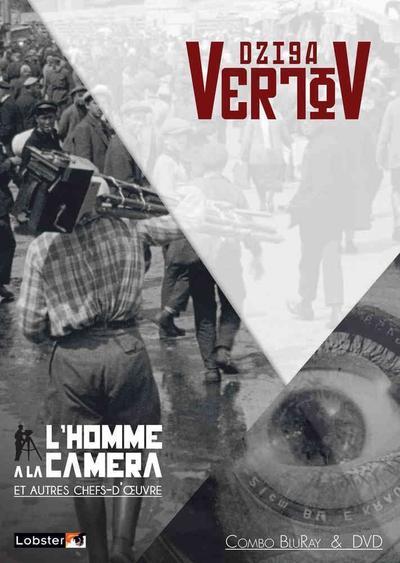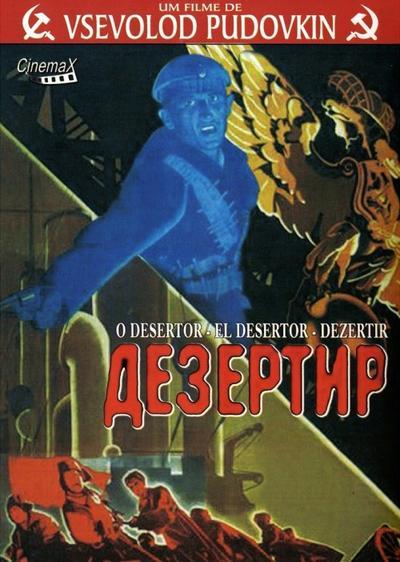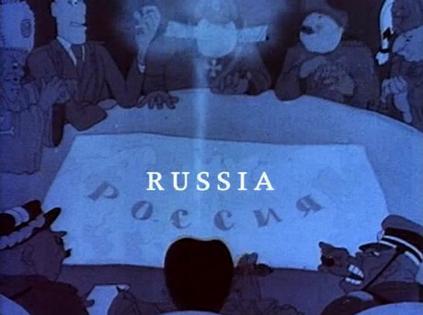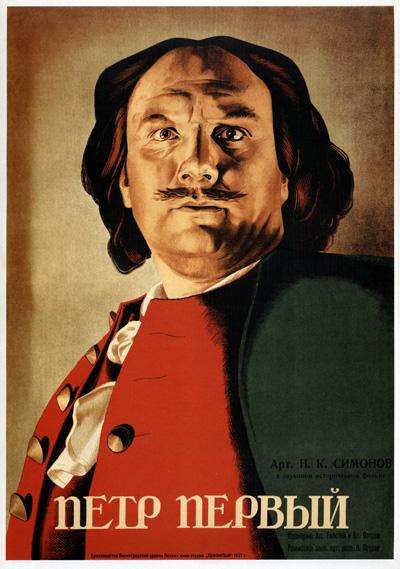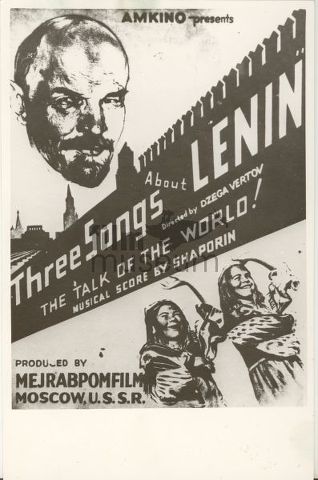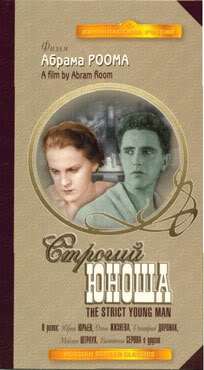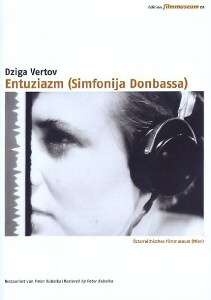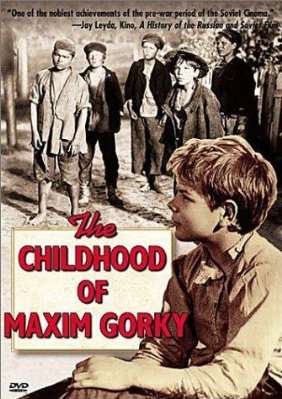

From IMDB User Comments
Pure cinematic poetry, 10 January 2004 10/10
Author: ollie501 from Dorset, England
The Childhood of Maxim Gorky, tells the story of Aleksei Peshkov a 12 year old boy, living in 19th Century Russia, who would later be known as Maxim Gorky, possibly Russia's most famous and celebrated novelist and dramatist. Made in 1938, the film is based on Gorky's autobiography `My Childhood', and is rich and powerful film which will capture your attention from the beginning.
Naturally, being made in 1938, the film is in black and white, although the story is so colourful and vibrant, with characters so alive, you would be forgiven for thinking the film was made much later. It definitely does not feel almost 65 years old.
Aleksei Lyarsky, who plays Gorky, is instantly likeable as the young protagonist. Capable of portraying emotions far beyond his years, he works superbly alongside a cast of commanding and believable proportion.
